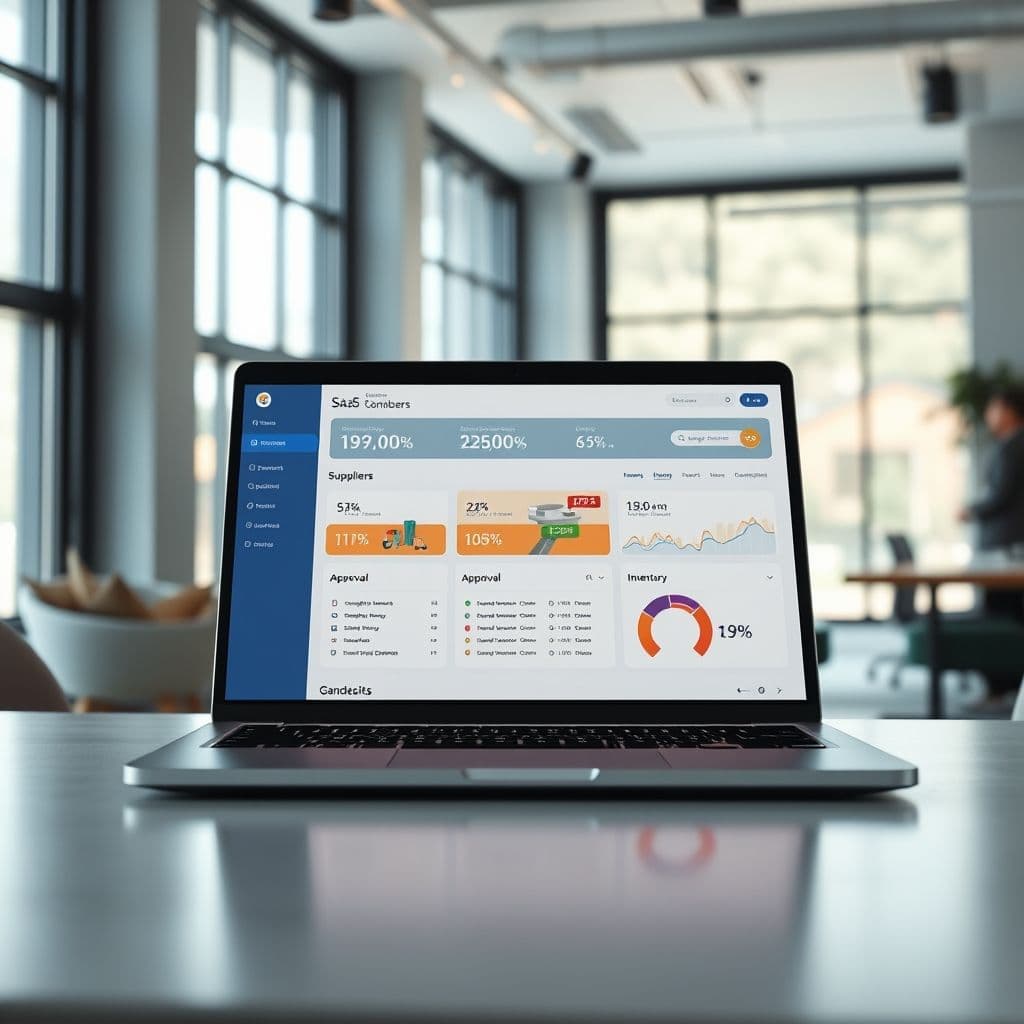How to Overcome Amazon FBA Supplier Sourcing Challenges with a Potential SaaS Solution

Starting an Amazon FBA business seems like the perfect side hustle until you hit the first major roadblock: finding reliable wholesale suppliers. Countless new sellers watch success stories on TikTok only to discover that supplier sourcing, approval processes, and inventory management create overwhelming barriers to entry. This article explores the real pain points Amazon FBA newcomers face and examines how a hypothetical SaaS platform could potentially revolutionize supplier discovery and onboarding.
The Amazon FBA Supplier Sourcing Nightmare
The journey begins with excitement but quickly turns frustrating when new Amazon FBA sellers realize that finding legitimate wholesale suppliers isn't as simple as calling a number on product packaging. The reality involves months of research, countless rejected applications, and the constant fear of purchasing from unauthorized distributors that could get your Amazon account suspended. Many sellers report spending weeks just to get a single wholesale account approved, while others struggle with minimum order quantities that far exceed their startup budgets.
The approval process itself creates additional layers of complexity. Amazon requires specific documentation, invoices, and brand approvals that vary by product category. New sellers often find themselves trapped in a cycle of rejection without understanding what they're doing wrong. The comments from experienced sellers reveal consistent patterns: 'How do you get ungated for all these products?' and 'Some wholesalers asking for quite high MOQ' highlight the universal struggles facing the FBA community.

A Hypothetical SaaS Solution: The Supplier Connection Platform
Imagine a centralized platform that could potentially solve these pain points through a carefully designed SaaS solution. This hypothetical platform would connect new Amazon FBA sellers with pre-vetted wholesale suppliers who specifically work with emerging businesses. The system could include verification processes to ensure all suppliers meet Amazon's requirements, eliminating the guesswork and risk of account suspension.
The platform might feature intelligent matching algorithms that connect sellers with suppliers based on their business size, budget, and product interests. Instead of spending months researching and applying, sellers could access a curated network of suppliers who understand the unique needs of Amazon FBA businesses. The system could also provide template libraries for professional communication, ensuring sellers make the right first impression when contacting potential suppliers.
Additional features could include inventory tracking integrated with supplier management, automated reminder systems for follow-ups, and educational resources about Amazon's approval processes. The platform might even offer guidance on navigating minimum order requirements and building relationships with suppliers willing to work with new sellers.

Potential Use Cases and Benefits
For complete beginners, this type of platform could dramatically reduce the learning curve. Instead of wondering 'where do you buy products?' or 'how to send items to Amazon,' new sellers could access step-by-step guidance and vetted supplier options. The platform could provide specific templates for different scenarios—whether contacting major brands like Dove or Colgate, or navigating specialty products like supplements and health goods.
International sellers, particularly those asking 'I live in Mexico. I want to sell here. How can I get started?' could benefit from region-specific supplier networks and localization features. The platform might offer currency conversion tools, international shipping guidance, and country-specific compliance information to help global sellers navigate different market requirements.
For experienced sellers struggling with scaling, the platform could offer advanced features like bulk application management, supplier performance analytics, and integration with existing Amazon seller central accounts. The inventory tracking component could help sellers manage purchase orders, sales data, and restocking needs across multiple suppliers and product categories.
Conclusion
The supplier sourcing challenge represents one of the most significant barriers to entry for Amazon FBA success. While current solutions involve extensive manual research and trial-and-error, a dedicated SaaS platform could potentially transform how new sellers connect with reliable suppliers and navigate complex approval processes. The overwhelming demand for guidance—evident in countless comments and questions—suggests that such a solution could fill a critical gap in the e-commerce ecosystem.
Frequently Asked Questions
- How viable would it be to develop this type of supplier sourcing platform?
- The technical complexity would be significant but achievable with modern SaaS architecture. Key challenges would include supplier verification processes, integration with Amazon's API, and building trust within the seller community. The platform would need robust security measures and compliance systems to handle sensitive business information.
- What would be the biggest challenges in creating such a platform?
- Supplier acquisition and verification would be the primary hurdles. Building a network of reputable wholesalers willing to work with new sellers requires established relationships and trust. Additionally, keeping up with Amazon's constantly changing approval requirements would require ongoing maintenance and updates.
- How would this platform differ from existing supplier directories?
- Unlike static directories, this hypothetical platform would focus specifically on Amazon FBA requirements, include verification systems, provide communication templates, and offer integrated inventory tracking. It would be designed as an active management tool rather than just a information resource.


